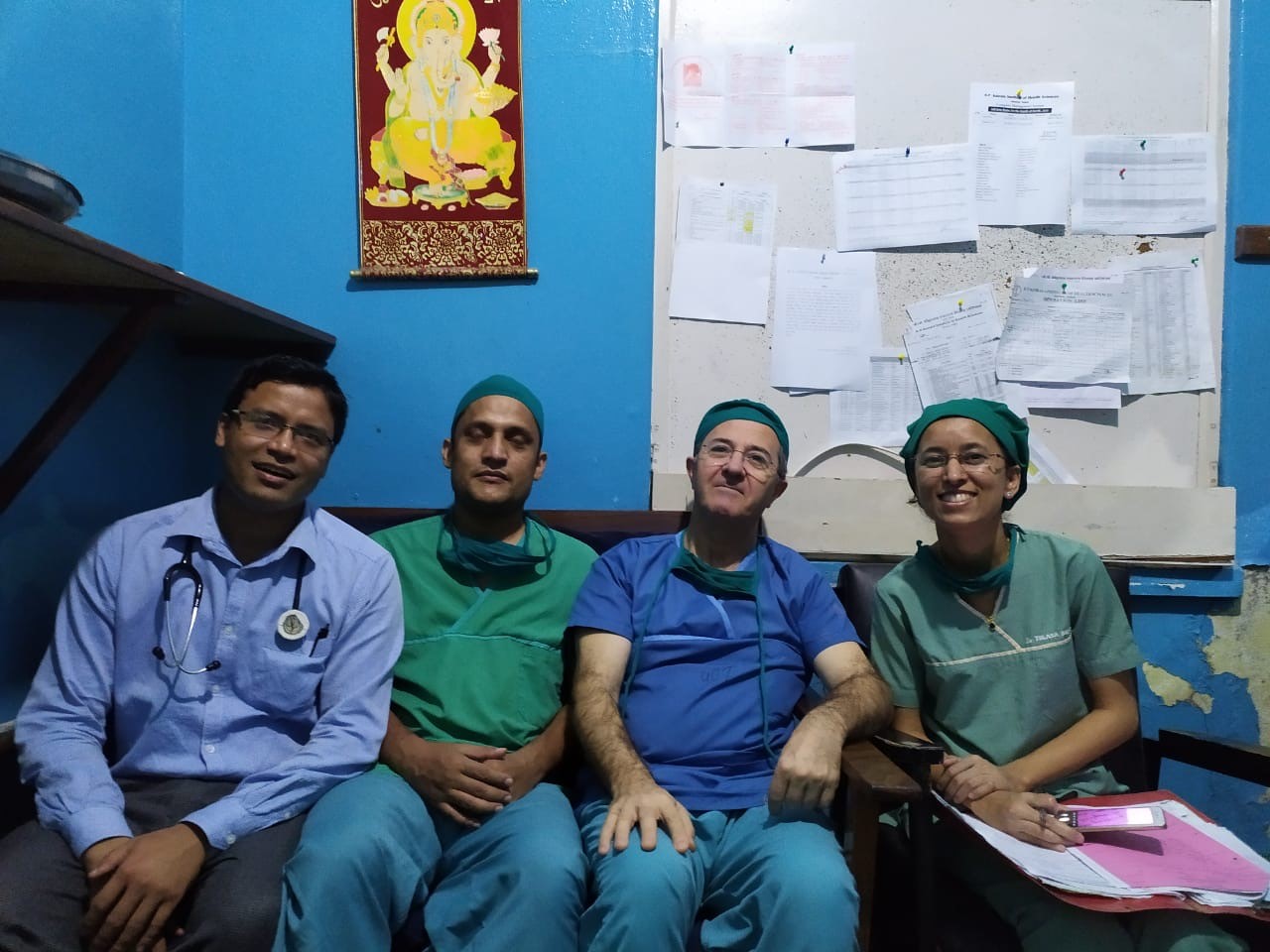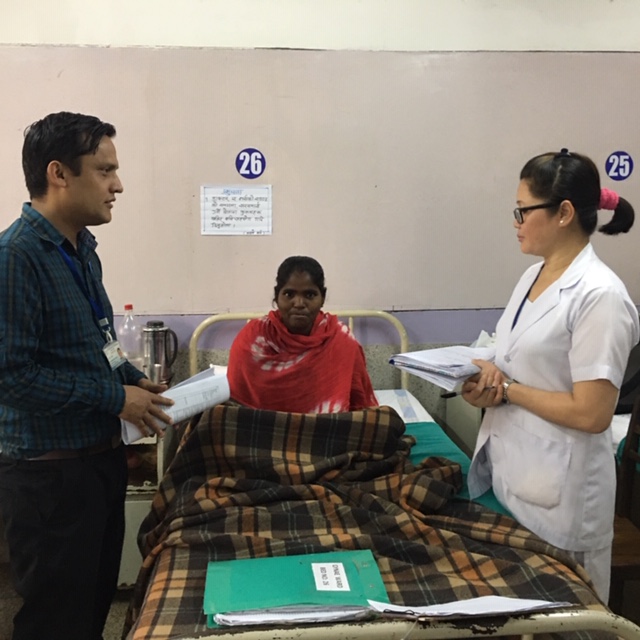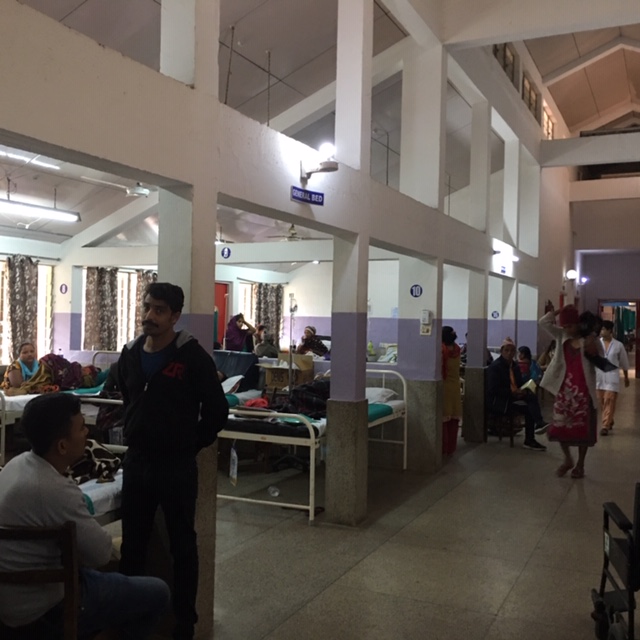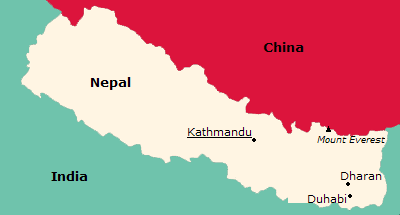
FIUGA focuses on addressing unmet medical training needs across the globe. With its newest project in Nepal, FIUGA will train local pelvic surgeons in the management of urogynecologic problems such as genital prolapse and urinary incontinence. It is a huge unmet need in the area, as Nepalese women have the highest reported incidence of genital prolapse in the world. Helping train local surgeons will do much to help reduce this national public health problem. It is also FIUGA’s goal to enhance the recognition of the unique predisposing factors as well as cultural and social behaviors that lead to this high incidence. This may be helpful in prevention of pelvic floor problems not only in Nepal, but across the world.
The fellowship program has a formal curriculum based on the RCOG curriculum and will include visits from international surgical faculty and a remote lecture series. Clinical education will include training in assessment of pelvic floor problems, urodynamics, cystoscopy and the various management modalities available for women suffering from these problems.
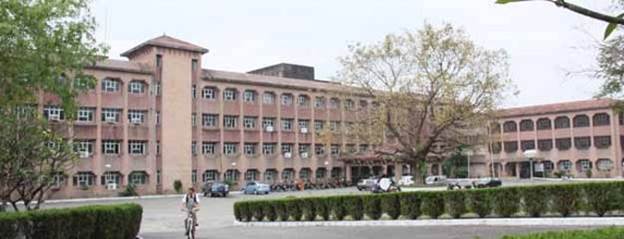
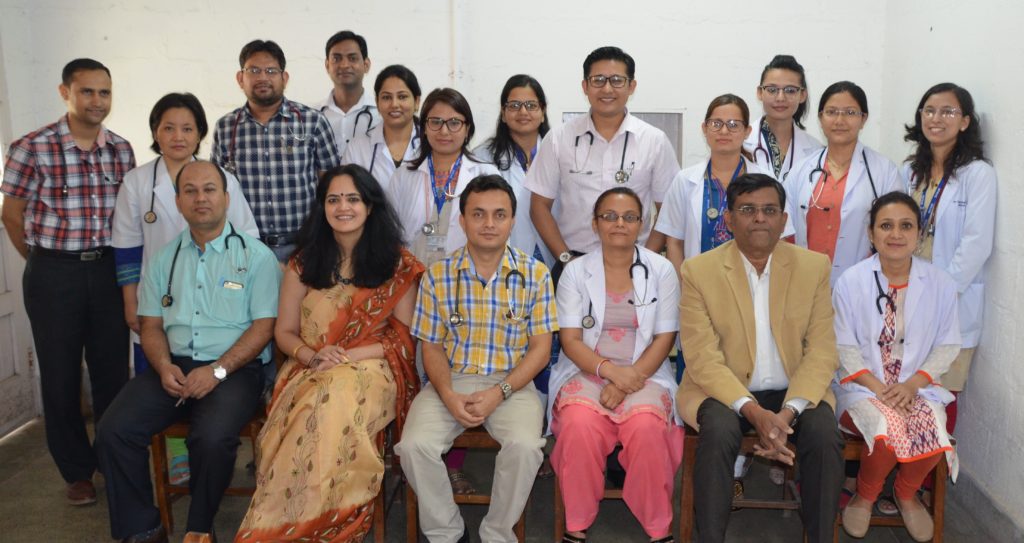
The program is hosted by B.P. Koirala Institute of Health Sciences in Dharan, in eastern Nepal. This institute is recognized as a major medical education center in Nepal and serves as a referral center for regional and national patients. It already hosts an OBGYN residency program and fistula center, as well as a nursing school and all resources needed for an academic clinical program.
Fellowship Program Director: Dr. Mohan Chandra Regmi
